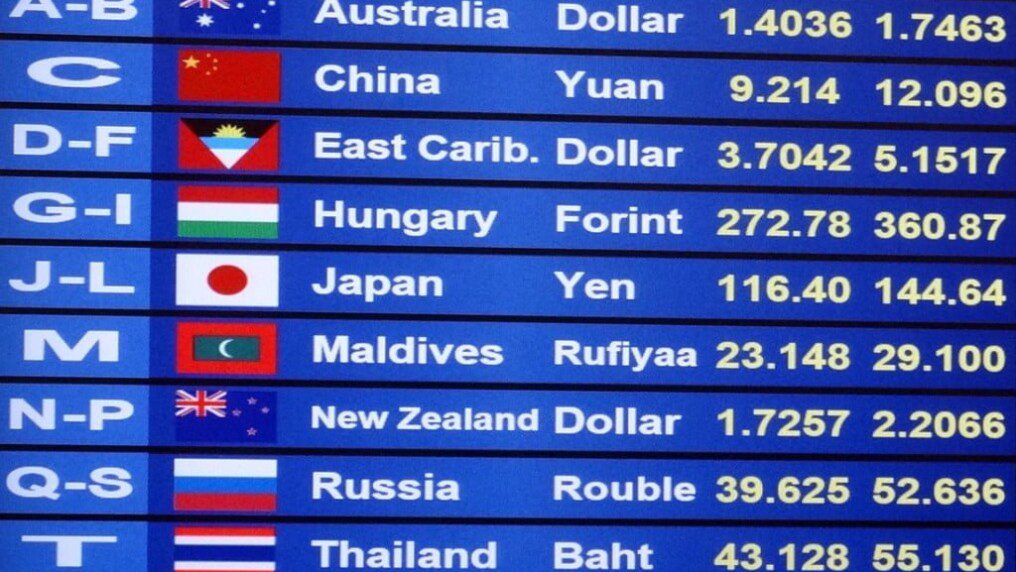
Foreign currency rates display the correlation between the different currencies. It is like demand and supply rule when the demand for a specific currency increases, definitely its value also increases. Foreign currency exchange rate is a comparison between two currencies. It means how much units of one currency required to buy another currency.
Determining foreign currency exchange rate is difficult because there are many factors that have a significant impact on the exchange market. Any change in those factors can move the currency exchange rate and that’s why it is difficult to predict where it will head next minute. But it is significant to understand and determine the foreign exchange because it has a great influence on a nation’s trade. Whether you’re investor or traveling to another country then you must know that how exchange market works in order to get the best exchange rate.
Weak And Strong Currency
As mentioned earlier exchange rate is the comparison of two currencies. So, one currency will be strong and other will weak. For example, the value of Aussie dollar is increasing as compared to the other currency. Then it means AUD is getting strong and the other is weakening. So, AUD will expensive when converted into foreign currency. So if you want to exchange money then choose the company offering the best currency exchange rates in Melbourne or Sydney.
Principal Determinants Of Exchange Rate
There are numerous factors that cause exchange rate to change and here is how they help in determining the foreign currency exchange rate.
Current Account Deficits
The current account of a country shows the balance between its trade. It reflects the total payments of a country depending on its exports and imports. If there is a deficit in current account it shows that country’s imports are exceeding and therefore it requires more foreign currency. Because it is earning less from exports and that’s why need more foreign currency to finance its deficit. Consequently, when it will borrow from other countries the value or power of its currency will decline.
Inflation Rate
Inflation also a significant impact on the exchange rate. Usually, the high inflation rate has a negative impact on the exchange rate. However, it is not necessary that lower rate of inflation will guarantee a favourable rate of currency exchange.
Interest Rate
Inflation and interest rate are closely related to each other. The interrelationship both these terms is complex and it can influence the exchange rate. The higher interest rates cause the rise in exchange rate as it attracts the foreign investors. Interest rate also increases the inflation but when inflation increases too much then it lowers down the value of currency.
Political And Economic Growth
Internal situation of any country has a great influence on the exchange rate. The politically stable and economically growing countries attract more foreign investors. Because investors are more likely to invest in stable countries. So, when the foreign investors invest more the value of currency also increases. Investors avoid investing in countries which under the war, chaos or other internal issues. Investors start moving their interests from such unstable political environment because such countries less likely to adopt pegged exchange rate.
Fiscal Policy
Another important determinant of foreign exchange rate is public debt or fiscal policy. When the country faces a large deficit, then it will borrow from IMF or World Bank to cover this cost. Investors less likely to invest in countries having large public debts. So, inflation increases and these increasing debts, interest rates lower down the value of currency.
Read More : Tata Nexon Comparison with its Rivals




























